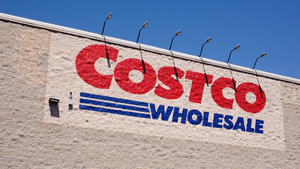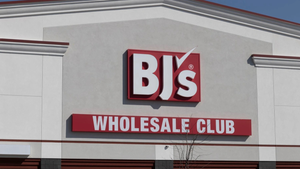Class action lawsuits are throwing food companies a curveClass action lawsuits are throwing food companies a curve
The number of class action lawsuits targeting food claims has risen dramatically over the past decade, and retailers are not immune.
The consumer class action lawsuit epidemic is now so prevalent that Major League Baseball is being sued for not providing enough protection from balls and bats that fly into the stands. Surprising to sports fans maybe, but certainly not to the food industry.
 The number of class action lawsuits targeting food claims has risen dramatically over the past decade and over 200 have been filed over the past several years. These cases often allege that a promotional claim made in a food product’s labeling and/or advertising violates federal and/or state consumer protection laws. Health benefit claims, “natural” claims, “made in the USA” claims, and many others are now increasingly targeted by class action lawsuits. As a result, when a food company now considers whether to include a claim, it should consider not only the risk of enforcement action by the likes of the FDA, Federal Trade Commission, or state attorneys general but also the potential for a class action lawsuit.
The number of class action lawsuits targeting food claims has risen dramatically over the past decade and over 200 have been filed over the past several years. These cases often allege that a promotional claim made in a food product’s labeling and/or advertising violates federal and/or state consumer protection laws. Health benefit claims, “natural” claims, “made in the USA” claims, and many others are now increasingly targeted by class action lawsuits. As a result, when a food company now considers whether to include a claim, it should consider not only the risk of enforcement action by the likes of the FDA, Federal Trade Commission, or state attorneys general but also the potential for a class action lawsuit.
And retailers are not immune to class action lawsuits, as is apparent by Duane Reade and its parent Walgreen Co. being served with a class action in New York state court for allegedly overcharging customers for prepackaged food (Joseph Bassolino et al. v. Duane Reade Inc. et al.). And if you have heard that name before, it may be because previously Bassolino filed suit against Whole Foods after the New York City Department of Consumer Affairs alleged the grocer was overcharging for its packaged food.
Class action cases ultimately can be expensive propositions. Settlements in some cases have entailed millions of dollars.
Thus food companies deciding whether to make a claim in labeling or advertising should consider the risk of consumer class action litigation as part of the overall risk/benefit analysis — before it proceeds. By reviewing the ever-growing number of judicial decisions on procedural motions and settlements of class action cases, food companies can better assess the risk that a particular claim may pose, and reduce their liability accordingly. Such analysis should become a standard practice in reviewing claims before a product is marketed.
In other words, look in every direction before you make a move bringing product to market as it appears this trend is growing rapidly and there is little any industry can do to stop it.
What else can retailers do to avoid class action lawsuits?
About the Author
You May Also Like






